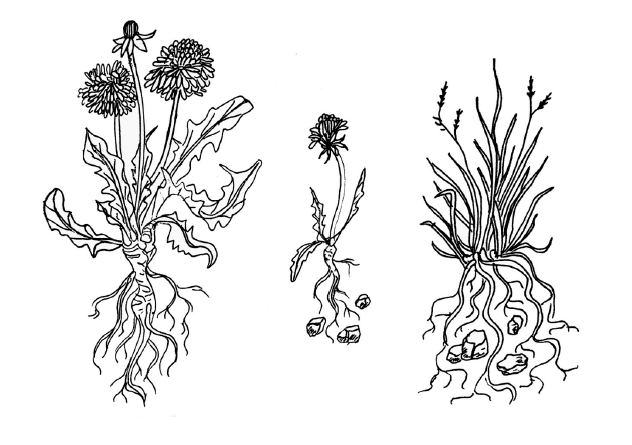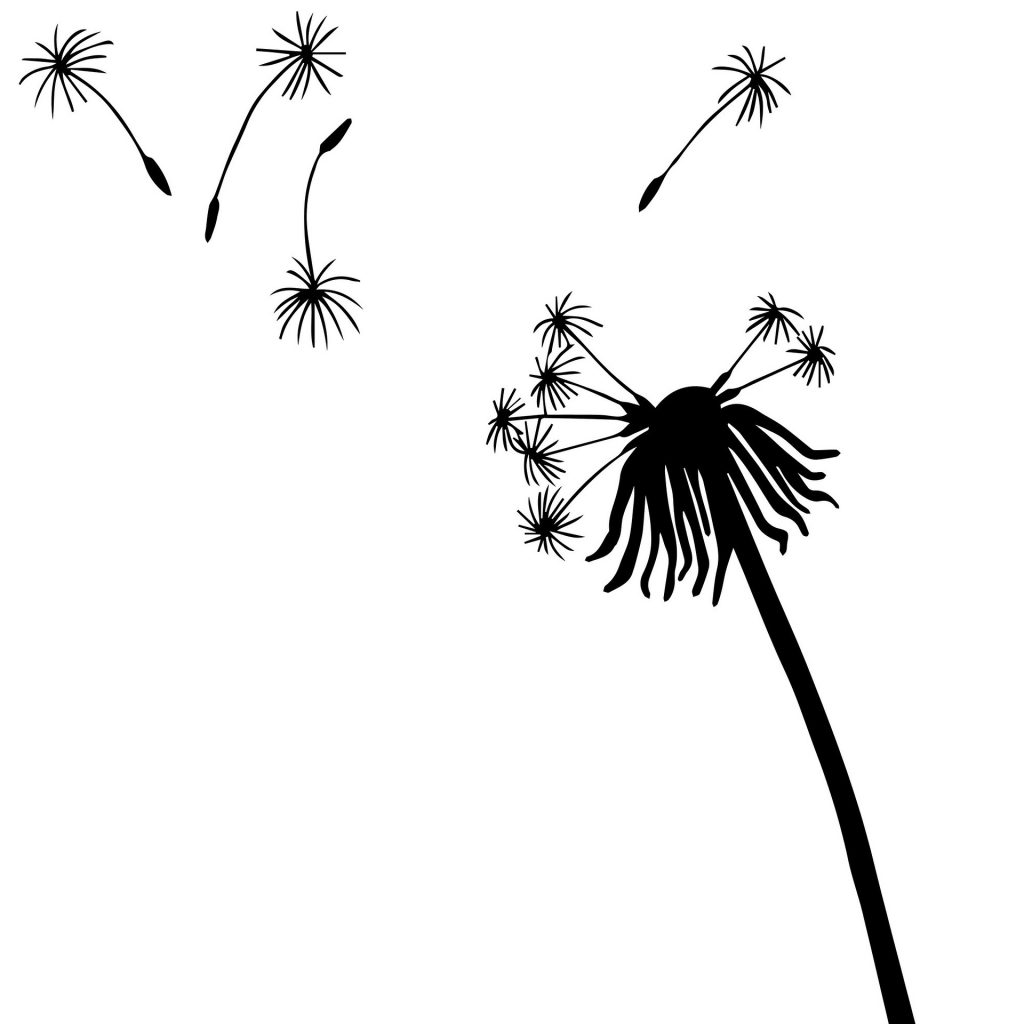” Какво е позволено да правят плевелите ” е история за справянето с принципите. Всеки принцип се прилага в контекста, от който произлиза. Новите ситуации изискват преразглеждане на прилаганите досега принципи. Принципите на мислене и действие, възприети от други контексти, могат да доведат до спиране на по-нататъшното развитие.
Какво е позволено да правят плевелите…
Дълго време те мълчаха. Тогава малкото глухарче попитало големия си съсед: „Какво правиш в момента?“ „Тренирам корена си“. „Аз също го правя. Но от няколко дни не съм постигнал никакъв напредък. Коренът ми се е ударил в камък.“ „Вижте как го прави канапето. Позволи на корена си да расте около камъка. Ако е необходимо, образувай няколко корена“, каза голямото глухарче. „Не ми е позволено да правя това“, каза малкото. „Коренът си е корен.“ И си остана малко.
This story in English/ Тази история на английски език:
Бих искала да благодаря на илюстратора Василена Димитрова за предоставянето на снимките:

На 27 и 28 октомври 2025 г. в София ще проведа семинар за терапевтично разказване на истории.
Повече информация можете да получите от Българската асоциация по хипноза и хипнотерапия (БАХХ).
С най-добри пожелания
Стефан


